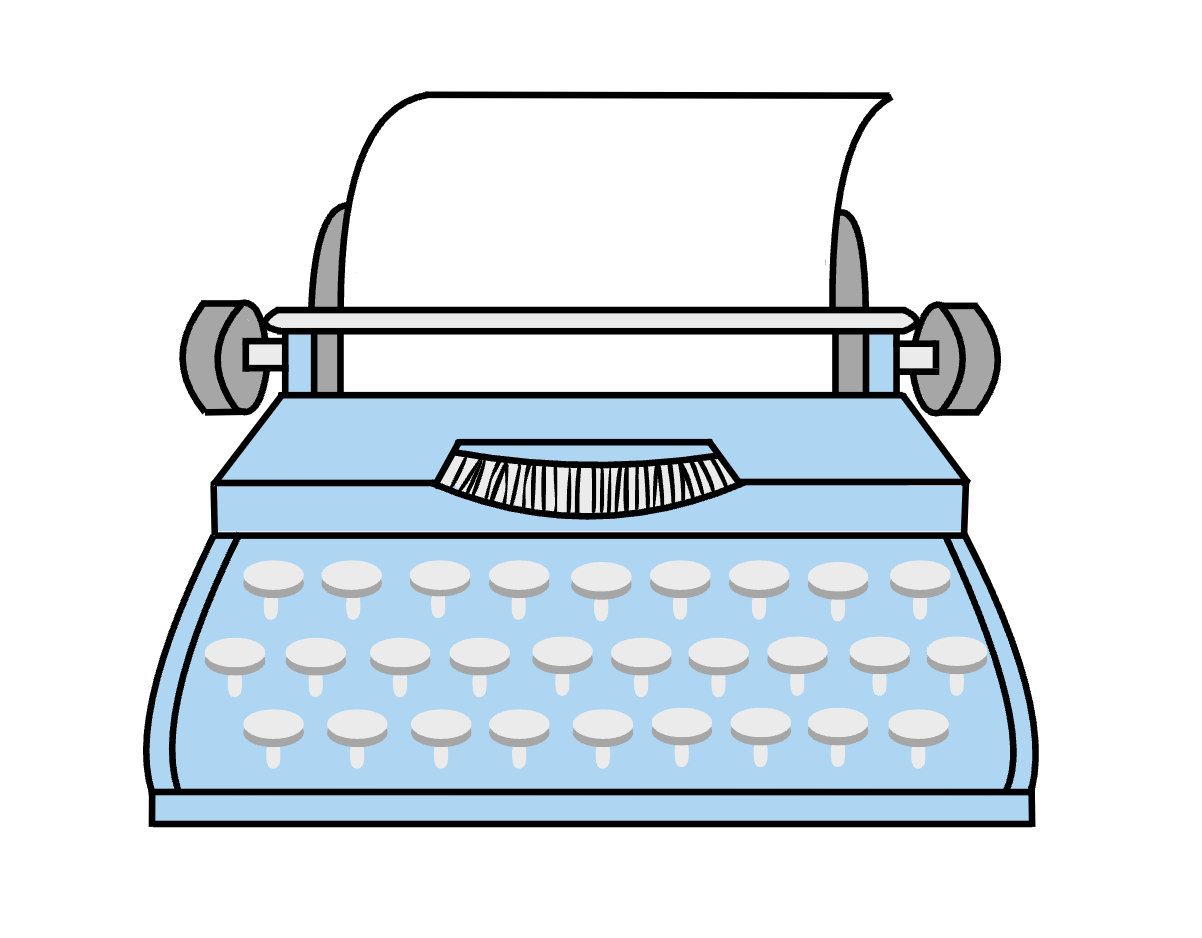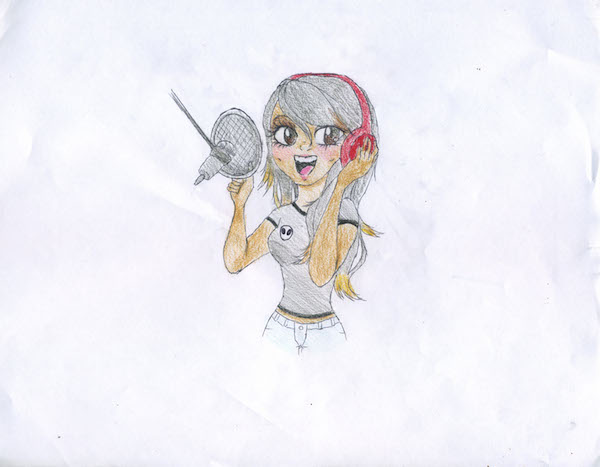Auto-tune: diminishing or justifiable?
The debate over the role of auto-tune in the music industry is more heated than ever, with a rising number of artists employing the use of technology both to improve their voices and to add otherwise impossible effects to their songs. Nearly all of the artists on the top music charts use these techniques in some form or another, forcing the issue into discussion.
According to “The Guardian,” advocates of auto-tune and comping, which is the editing of multiple takes of a song to create the end result, stress the importance of these as tools for fixing minor vocal errors and, above all, adding unique stylization to songs. More than in any other genre of music, pop artists tend to utilize auto-tune and comping.
As stated on WhatCulture.com, popular artists notorious for doing so include T-Pain, Chris Brown, Katy Perry and Maroon 5. However, rest assured that not every popular artist’s songs are filled with the technological additions that can render his or her voice nearly unrecognizable.
Many singers, much to the relief of many music enthusiasts, prefer not to alter their songs in pursuit of a more realistic and natural sound. In fact, in 2009 Jay-Z released the single “D.O.A” (Death of Auto-tune) as a response to the increasing fad in the music industry.
“In hip-hop, our job…becomes a gimmick to get rid of [auto-tune]. We’ve done that since the beginning of time,” said Jay-Z in his 2009 interview with “Clash Magazine.”
Although the controversy over how extensively auto-tune and comping should be used in music currently stands at a stalemate, many artists and fans alike have begun to speak out against their overwhelming use in popular music.
“Auto-tune is totally obvious and highly embarrassing for the artist who uses it because it shows they can’t sing on their own without a machine,” commented junior Kristin Jacobsen.




